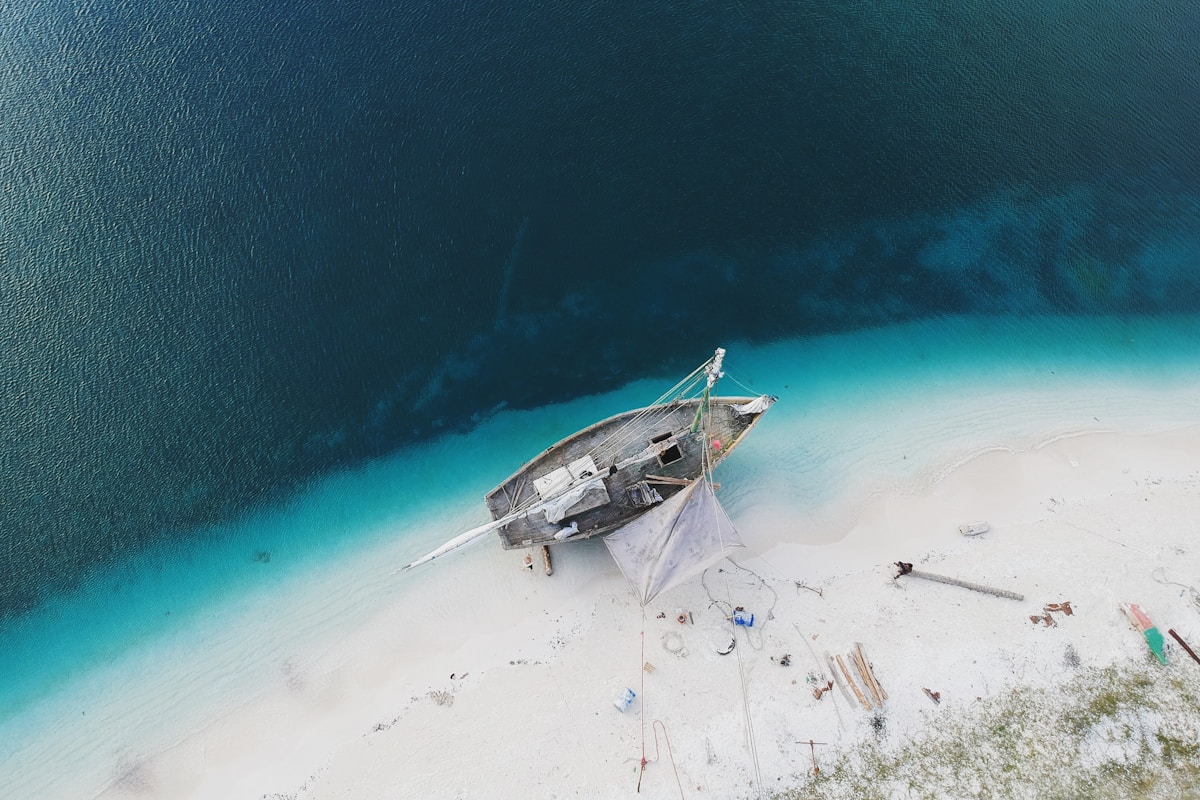The Basics of Understanding a Broken Boat
When a boat breaks down, it can be an overwhelming experience. Understanding the causes and solutions is crucial. In this article, we’ll explore what makes boats vulnerable, common issues, and how to address them efficiently.

Causes of Boat Damage
Boat damage can result from a variety of sources. Weather often plays a significant role. Storms can cause physical damage and mechanical failures. Saltwater corrosion is another frequent issue, eating away at metal parts. Additionally, neglect of regular maintenance can lead to unexpected breakdowns.
Types of Boat Breakdowns
- Mechanical Malfunctions: Engine troubles are common. Issues like overheating, failure to start, and stalling occur frequently. This often results from fuel system problems or electrical failures.
- Hull Damage: Collisions or poor storage can lead to cracks and leaks in the hull. These can escalate quickly if not addressed.
- Sail Damage: For sailboats, damage to the sails could be catastrophic. This can happen due to strong winds or wear and tear.
Diagnosing a Broken Boat
Identifying the problem is the first step. A visual inspection can reveal obvious issues like hull cracks or broken masts. Listening for unusual sounds can also help. If there’s excessive smoke, it might indicate engine trouble. Checking fluid levels can uncover leaks or other issues. In some cases, professional diagnostics might be necessary, especially for complex mechanical or electrical faults.
Essential Tools for Repairs
Being prepared is crucial for effective repairs. Essential tools include:
- Wrenches and Screwdrivers: Vital for most mechanical fixes. Ensure a full range of sizes.
- Multimeter: Useful for diagnosing electrical issues.
- Epoxy and Sealants: Quick fixes for minor hull damage or leaks.
- Spare Parts: Carry essential spare parts like fuses, filters, and hoses.
Preventive Measures
Preventing breakdowns is more effective than fixing them later. Regular maintenance is key. This involves:
- Routine Inspections: Check and service the engine, electrical systems, and steering.
- Hull Maintenance: Clean and inspect the hull for damage or growth that might affect performance.
- Sail Care: For sailboats, regularly inspect sails for tears and wear, and address these promptly.
Weather Preparedness
Staying informed about weather conditions can prevent many problems. Before heading out, check forecasts. Understanding how various weather patterns affect your boat can help in planning safer journeys. Additionally, learning how to respond to sudden weather changes is crucial. Carrying weather safety gear such as life vests, emergency beacons, and first aid kits is recommended.
Insurance Considerations
Boat insurance is another important factor. It mitigates financial risks associated with extensive repairs or total loss incidents. Reviewing your policy ensures it covers common issues such as mechanical failures or storm damage. It’s advisable to periodically reassess your coverage to match the current value and condition of your boat.
Professional Help vs. DIY Repairs
Knowing when to seek professional help versus attempting a DIY repair is vital. Minor issues, such as small leaks or superficial hull damage, can often be managed independently with the right tools and knowledge. However, problems involving engine failures or complex electrical issues typically require expert intervention. Professional mechanics have the training and equipment to handle these cases.
Caring for Your Boat Off-Season
Proper off-season storage can prevent breakdowns. It’s important to prepare the boat for long periods of inactivity. This includes cleaning it thoroughly, draining fuel tanks, and covering it to protect from the elements. Using boat stands or trailers helps to prevent moisture damage. Regular inspections during storage can help catch any developing issues early.
Learning from Experience
Every breakdown offers lessons. Documenting the symptoms, steps taken, and solutions found can build a personal knowledge base. This record helps in faster diagnosis and resolution of future issues, ultimately saving time and money.
The Importance of Boating Education
Education plays a significant role in preventing breakdowns. Courses can teach navigation, safety procedures, and basic repairs. Participation in workshops and seminars increases understanding of boat mechanics and handling. This knowledge empowers boat owners, reducing dependency on professional services.
Common Myths About Boat Maintenance
It’s easy to fall for myths about boat care. A prevalent misconception is that only new boats are reliable. However, with proper maintenance, older boats can be equally dependable. Others believe that occasional use negates the need for regular servicing, which is false. Regular use often keeps systems active and problems at bay.
Environmental Impact of Neglected Boats
Neglecting a broken boat can harm the environment. Oil leaks and fuel spills pollute the water, affecting marine life. Responsible maintenance and prompt repairs help minimize such impacts. Environmentally friendly practices include using biodegradable products and proper waste disposal methods.
Conclusion
Understanding the intricacies of boat maintenance and repair is essential for every boat owner. By staying informed and prepared, you’ll keep your vessel in top condition, ensuring safety and longevity for every voyage.
“`



